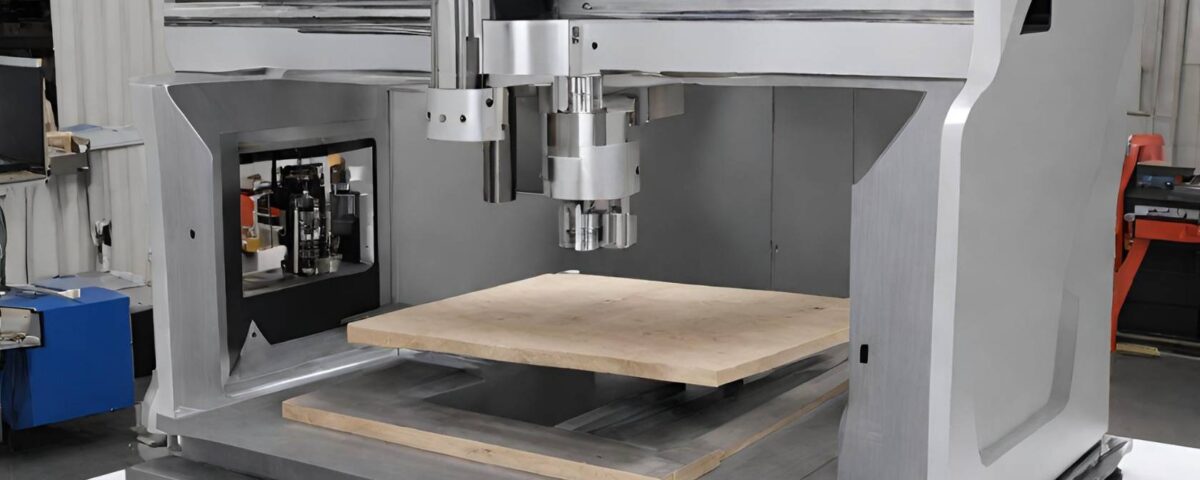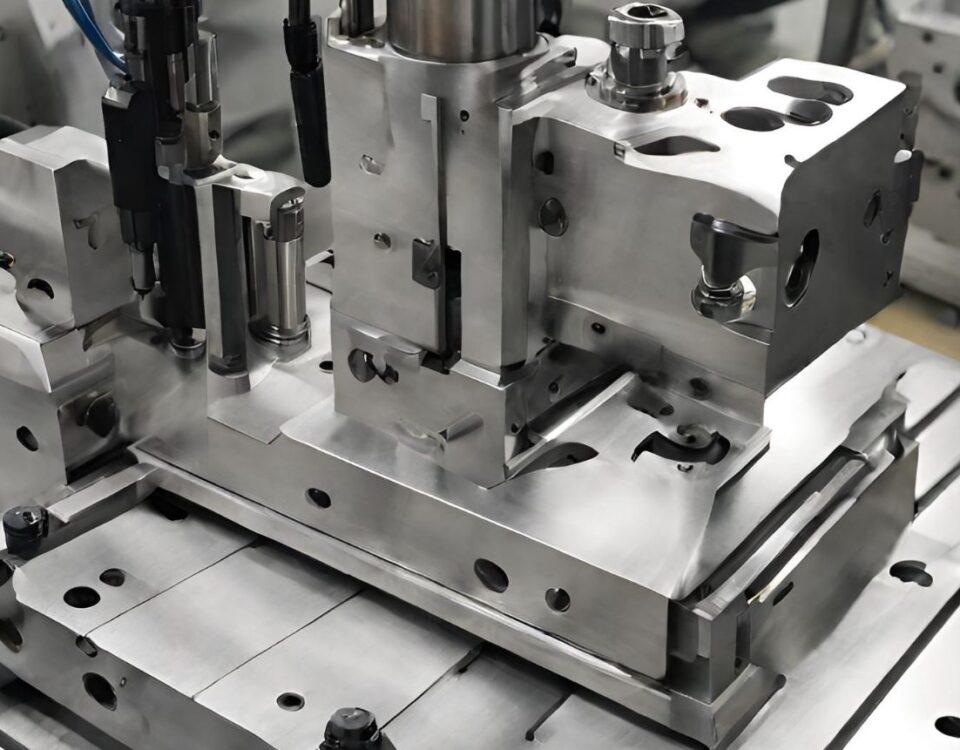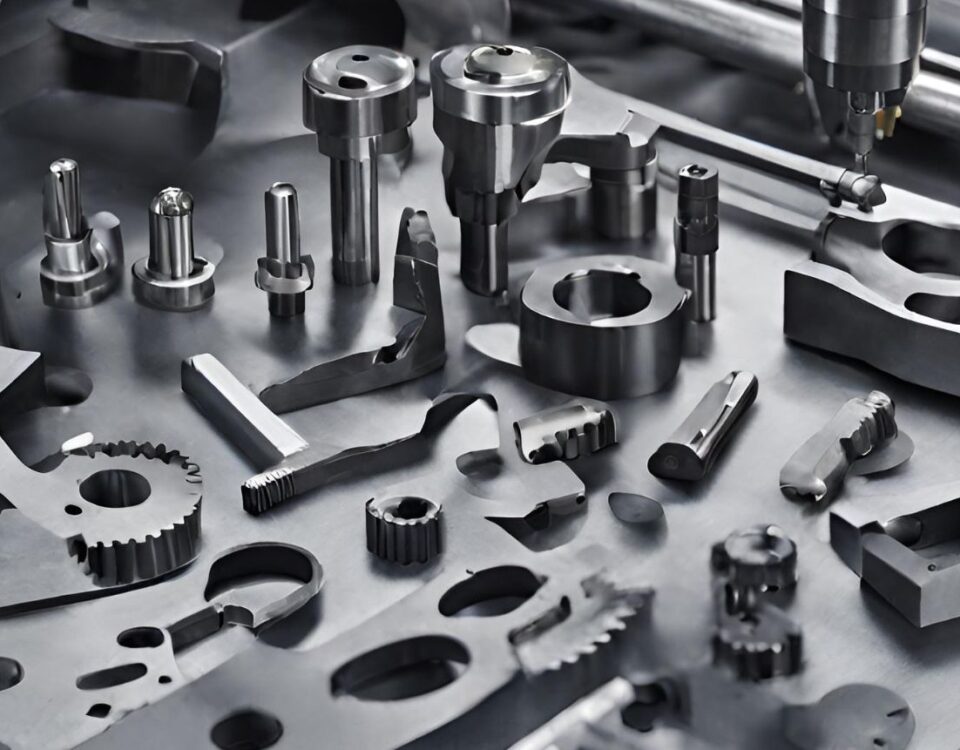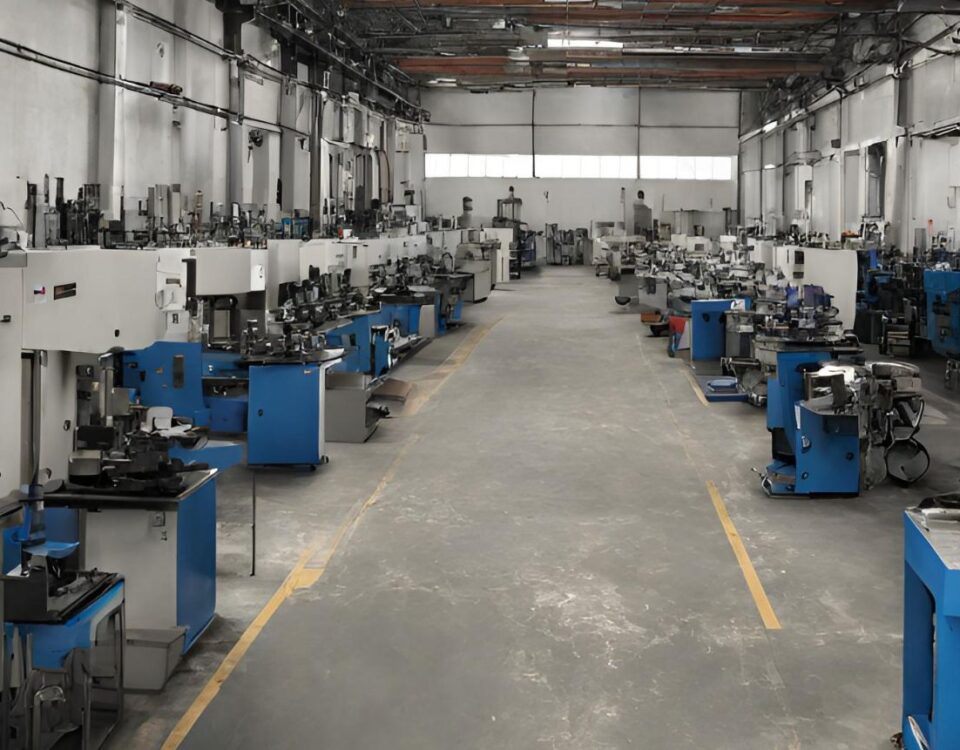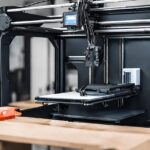
The Impact of 3D Printing Services
19 February 2024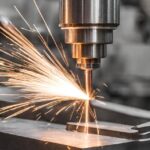
Exploring the Intersection of Machining and Fabrication
23 February 2024In the dynamic landscape of modern manufacturing, efficiency and speed are paramount. With the advent of advanced technologies, traditional manufacturing processes have undergone a significant transformation. One such revolutionary advancement is Rapid CNC Prototyping, a game-changer that has redefined the way products are designed, developed, and brought to market. In this article, we delve into the intricacies of Rapid CNC Prototyping, exploring its benefits, applications, and the profound impact it has on various industries.
Understanding Rapid CNC Prototyping:
Rapid CNC (Computer Numerical Control) Prototyping is a cutting-edge manufacturing technique that combines the precision of CNC machining with the agility of rapid prototyping. It enables the rapid creation of physical prototypes directly from digital designs with minimal human intervention. This process utilizes Computer-Aided Design (CAD) software to generate virtual models, which are then translated into machine-readable instructions for CNC machines.
The CNC machines, guided by these instructions, meticulously carve out the prototype from a wide range of materials such as metals, plastics, and composites. Unlike traditional prototyping methods that often involve time-consuming manual labor and extensive tooling, Rapid CNC Prototyping streamlines the process, significantly reducing production lead times and costs.
Key Benefits of Rapid CNC Prototyping:
-
Accelerated Product Development: Rapid CNC Prototyping expedites the product development cycle by enabling quick iteration and refinement of designs. With the ability to swiftly produce functional prototypes, designers and engineers can promptly test and validate their concepts, leading to faster time-to-market.
-
Cost-Effective Prototyping: Traditional prototyping methods often incur substantial tooling and setup costs, particularly for low-volume productions. In contrast, Rapid CNC Prototyping eliminates the need for costly molds or tooling, making it a cost-effective solution for both prototyping and small-batch manufacturing.
-
Enhanced Design Flexibility: The versatility of CNC machines allows for the fabrication of intricate geometries and complex shapes with high precision. This level of design flexibility empowers innovators to explore creative concepts and push the boundaries of conventional manufacturing.
-
Superior Quality and Accuracy: CNC machining ensures exceptional accuracy and consistency in prototype production. The automated nature of the process minimizes human error, resulting in high-quality prototypes that closely adhere to the original design specifications.
-
Seamless Integration with Digital Workflows: Rapid CNC Prototyping seamlessly integrates with digital design workflows, facilitating seamless collaboration and data exchange between design teams and manufacturing facilities. This digital continuity fosters synergy and efficiency throughout the product development lifecycle.
Applications Across Industries:
-
Automotive Sector: Rapid CNC Prototyping plays a pivotal role in automotive design and engineering, enabling manufacturers to rapidly prototype components such as engine parts, interior fittings, and exterior body panels. From concept cars to functional prototypes, CNC machining accelerates innovation and facilitates the development of next-generation vehicles.
-
Aerospace and Defense: In the aerospace and defense industries, where precision and reliability are paramount, Rapid CNC Prototyping is indispensable for prototyping aircraft components, UAVs (Unmanned Aerial Vehicles), and defense equipment. The ability to produce lightweight yet durable parts with tight tolerances makes CNC machining a preferred choice for aerospace manufacturers.
-
Consumer Electronics: The rapid pace of innovation in the consumer electronics sector demands agile prototyping solutions. Rapid CNC Prototyping enables electronics manufacturers to swiftly iterate on product designs, test form factors, and incorporate user feedback before mass production. Whether it's smartphones, wearables, or IoT devices, CNC machining drives innovation in consumer electronics.
-
Medical Device Industry: In the highly regulated field of medical device manufacturing, Rapid CNC Prototyping expedites the development of prototypes for surgical instruments, implants, and diagnostic devices. The ability to produce custom-made, patient-specific prototypes enhances precision and facilitates the advancement of personalized healthcare solutions.
-
Industrial Machinery and Equipment: From heavy machinery to industrial equipment, Rapid CNC Prototyping revolutionizes the way industrial manufacturers design and iterate on complex mechanical components. CNC machining enables rapid prototyping of gears, bearings, housings, and other critical parts, optimizing performance and reliability in industrial applications.
Future Outlook and Emerging Trends:
As technology continues to evolve, the future of Rapid CNC Prototyping holds immense promise. Emerging trends such as additive manufacturing (3D printing), hybrid manufacturing, and AI-driven design optimization are poised to further enhance the capabilities and efficiency of CNC prototyping processes.
Additive manufacturing techniques, in conjunction with CNC machining, offer new possibilities for producing lightweight, structurally optimized parts with intricate internal geometries. Hybrid manufacturing, which combines subtractive and additive processes, provides a holistic approach to prototyping that leverages the strengths of both techniques.
Moreover, advancements in artificial intelligence and machine learning are paving the way for intelligent design optimization tools that can analyze vast amounts of data to generate optimized designs for CNC machining. These AI-driven algorithms have the potential to revolutionize the way products are designed, enabling manufacturers to achieve unprecedented levels of efficiency and performance.
Conclusion:
In conclusion, Rapid CNC Prototyping stands at the forefront of manufacturing innovation, driving unparalleled speed, flexibility, and quality in product development. By seamlessly integrating digital design workflows with precision machining capabilities, CNC prototyping empowers industries across the board to push the boundaries of innovation and bring cutting-edge products to market faster than ever before. As we embrace the era of Industry 4.0, the transformative potential of Rapid CNC Prototyping is poised to shape the future of manufacturing in profound ways, ushering in a new era of agility, efficiency, and technological advancement.

